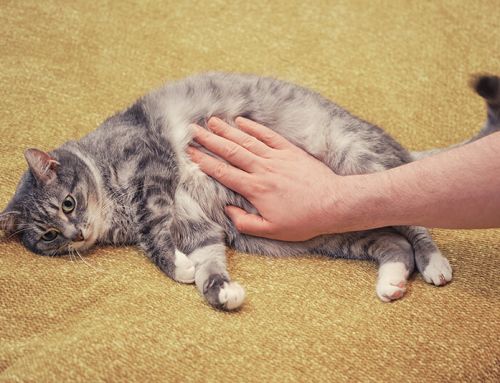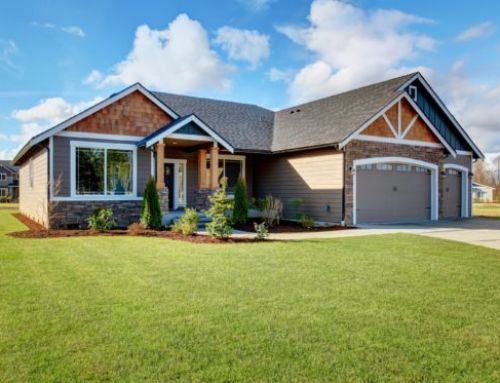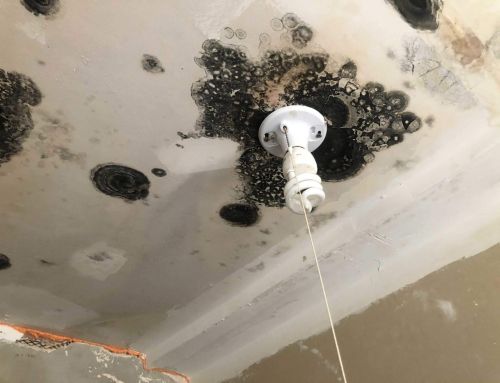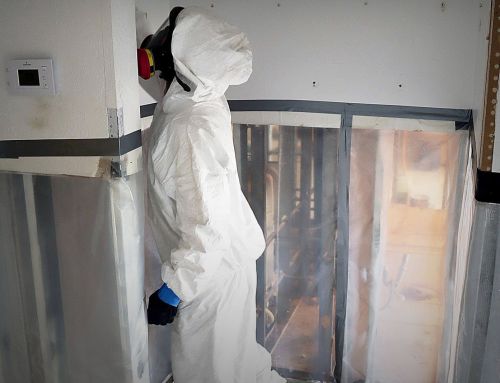Not only do you need to prepare yourself and bundle up, but you also need to get your pipes ready for the cold. Keeping your pipes from freezing on those especially frigid days can save you a lot of time and effort cleaning up a big mess, not to mention a small fortune paying the costs of repairs.
Causes of Frozen Pipes
There are usually various contributing factors to pipes freezing, but the obvious main culprit is a severe drop in temperature to below 32 degrees Fahrenheit. If you have exposed pipes or pipes in unheated areas of your home, they are susceptible to freezing.
You also have to consider wind chill when it comes to the temperature. For example, if it is 38 degrees Fahrenheit, but the wind chill takes it down to below freezing, your pipes are still at risk.
If you do not have adequate insulation around your pipes, they are at a far greater risk of freezing. This risk is also higher for pipes that are in your exterior walls. To sufficiently protect them, you want to ensure both proper wall and pipe insulation for these water conduits.
Inadequate heating in your home can increase the risk of frozen pipes. You want to ensure that there is enough warm air circulating throughout your residence to keep your pipes sufficiently warm.
If you even suspect any of these problems, here is a handy tip to remember. Allow your pipes to drip during freezing temperatures. You do not need a strong flow of water. Just steady dripping is generally enough to keep the water flowing inside your pipes and stop them from freezing.
Prevention of Frozen Pipes
The good news is that there are numerous ways to protect your pipes against freezing during the coldest days. Preventing frozen pipes can save you the money and inconvenience associated with your pipes bursting. A professional can come and assess your plumbing to see what is necessary to protect your pipes and then help you with the tasks to ensure proper execution.
The first thing they often do is look at your exposed pipes to see if there are any insulation issues. They can use foam or insulation sleeves to protect your exposed pipes. This is a good choice in an area where you do not have heat, such as your crawlspace, attic, or basement. They will look closest at the pipes on exterior walls since these are the most at risk. Heat cables and wrap insulation can be particularly helpful for these pipes.
They will let you know how to keep your home’s temperature stable during freezing times. Ideally, you want to run your furnace at a minimum of 55 degrees Fahrenheit to protect your pipes. If you will not be home, make sure to plan for cold spells so that your home has the right level of heat. You can also open up any cabinet doors that contain pipes to get more heat going to them on cold nights.
Professionals will generally recommend that you drain and disconnect your outdoor hoses. Make sure to drain any excess water from the spigot. Keep your hoses in a warm place during the winter so that they do not sustain damage due to freezing temperatures.
A professional can also inspect your home to look for any air leaks that require sealing. These will let in cold air and could increase the risk of your pipes freezing. Using caulk and similar materials, they will seal the leaks so that the cold air stays on the outside. This will also help to stabilize your home’s temperature so that it’s easier to keep it warm enough for your pipes.
Have a professional check your basement and crawlspace to see if they require better insulation. This will help to stop cold air from getting to the pipes located in these areas. In addition to insulating the spaces themselves, the inspector may suggest that you also insulate the individual pipes using something like heat tape.
There are frost-proof faucets that you can talk to your plumber about. These can replace any of your standard outdoor faucets, and they’re far more resistant to freezing. For your exterior faucets, you can also look into backflow preventers. These will stop water from making its way back in where it could sit in the pipe, waiting to freeze.
If you will be on vacation when the weather is going to reach freezing temperatures, talk to your plumber about preventing pipe freezing. Since letting your faucets drip is not ideal when you are not home, they can recommend other ways to keep your pipes flowing freely.
Dealing With Frozen Pipes
If a pipe freezes in your home, the first thing you want to do is call a professional. They will know how to correct the issue with the least mess possible. There are several things they may do to reduce the severity of the situation. When they get there, they will identify the frozen area of your pipes. Professionals do this in several ways, such as looking at exposed pipes for visible frost and turning on your faucets to see which ones have no water or a reduced flow coming through them.
First, they will turn off the water so they abruptly stop the flow of it, reducing the risk of further leaking. They will usually turn off the main valve so that they can stop water from going through all of your pipes.
They will then open the faucets connected to the frozen pipes to allow any remaining water to come out. This is vital when thawing a pipe because it alleviates pressure inside of them.
Professionals may apply some heat to the frozen pipe to gradually thaw it. They do this using things like heat tape, heat guns, hot water towels, or space heaters. It is imperative to never use an open flame because that could damage your pipes and present a fire hazard.
Once they thaw your pipe, they will look to see if there is any damage. They will assess for signs like cracks, bulges, and leaks. If there is any damage, they will let you know what they need to do to fix it.
Before they leave, they will give you some options to prevent your pipes from freezing again. For example, they will help you to seal gaps in your insulation or apply heat tape or insulation to your pipes, especially those on exterior walls. Keeping your pipes from freezing is vital to stopping them from bursting.
Once we finish helping with your pipes, there are other ways we can aid you with your home. Water damage usually causes mold, and we’re experts at eliminating it. If there is any mold in your home, we provide full removal services. Our experts can also aid with ultraviolet sanitization and odor removal. Are you wondering how to keep your pipes and drains mold free – read on here to learn more.
Contact us at Pur360 today to learn more about preventing pipe freeze.



